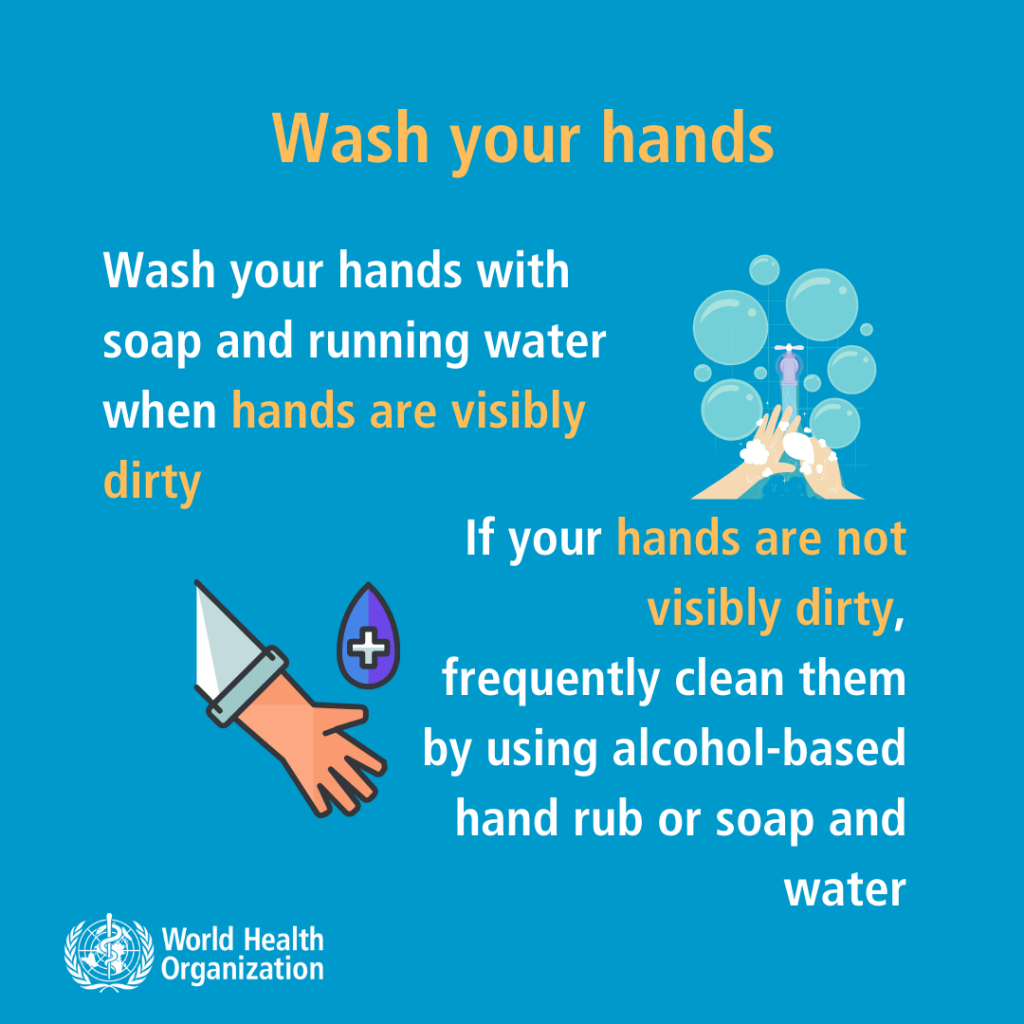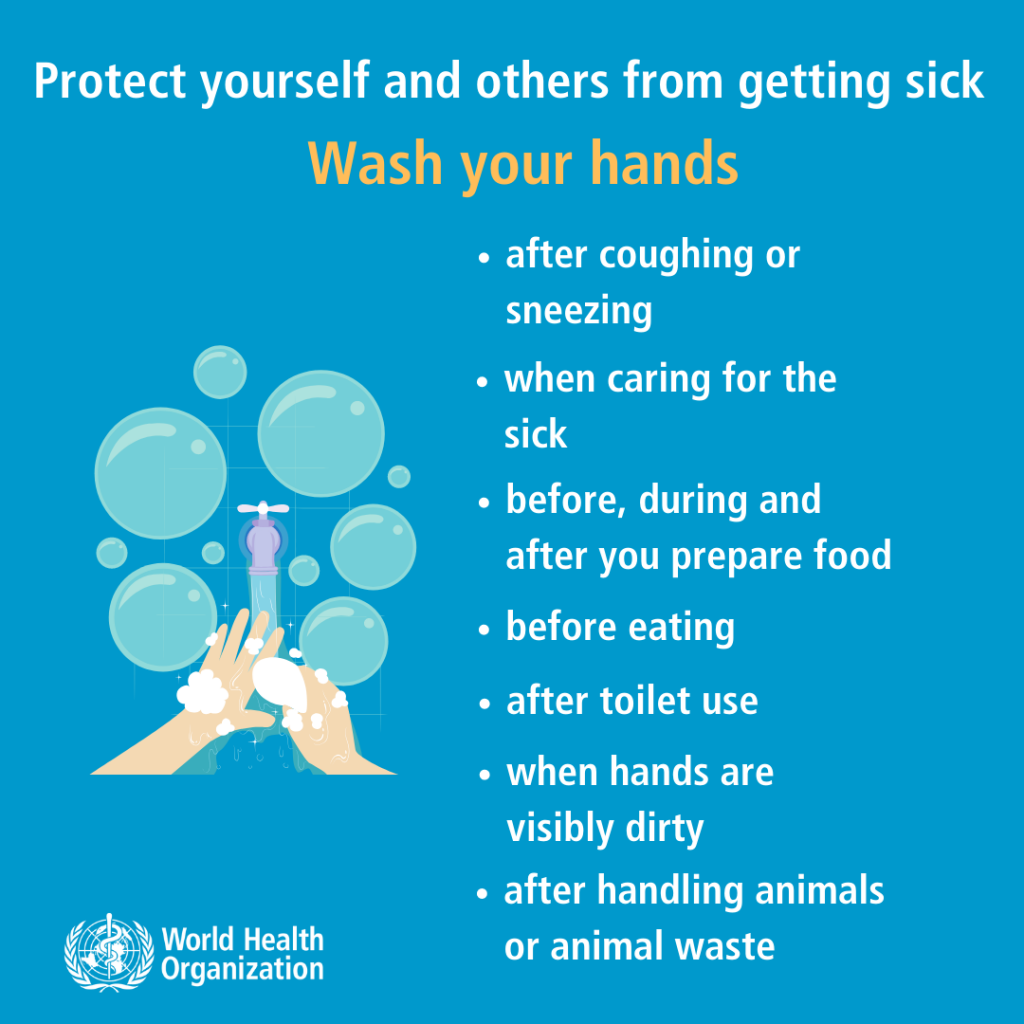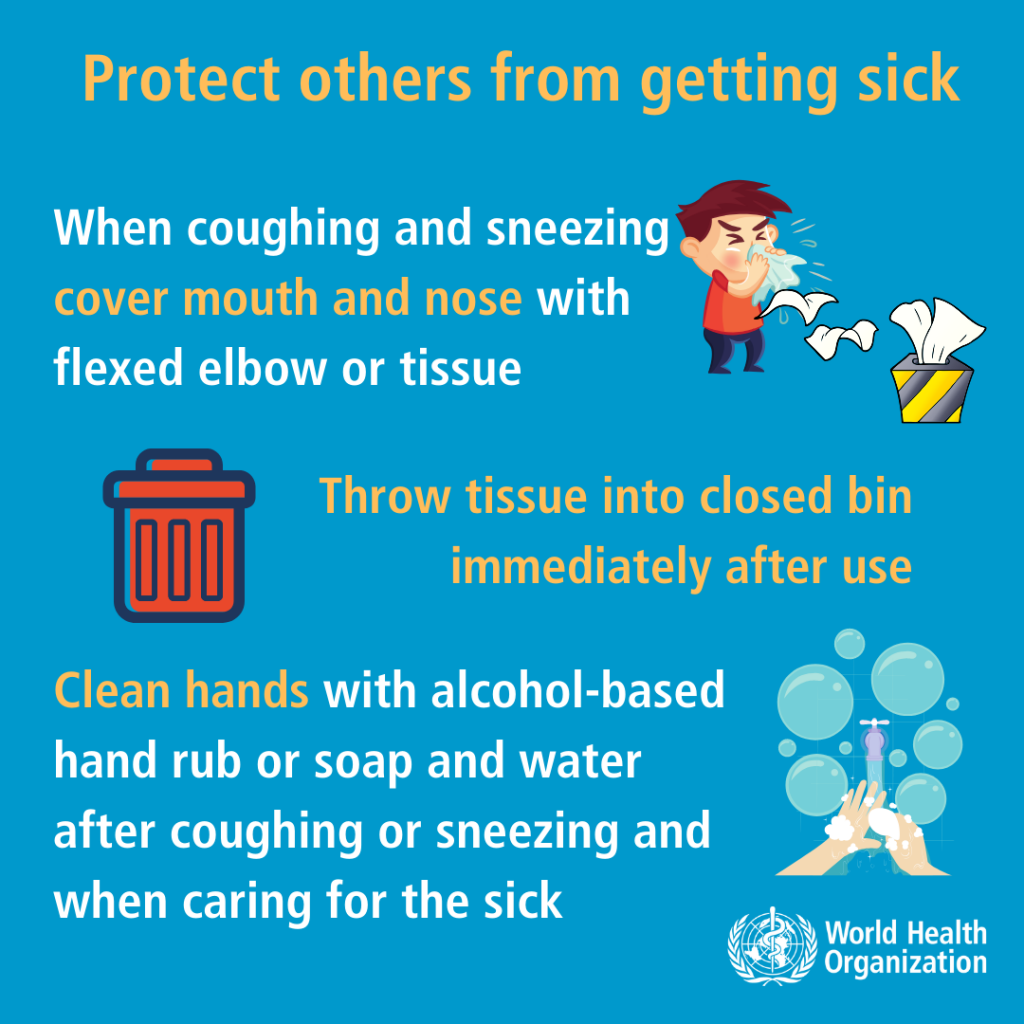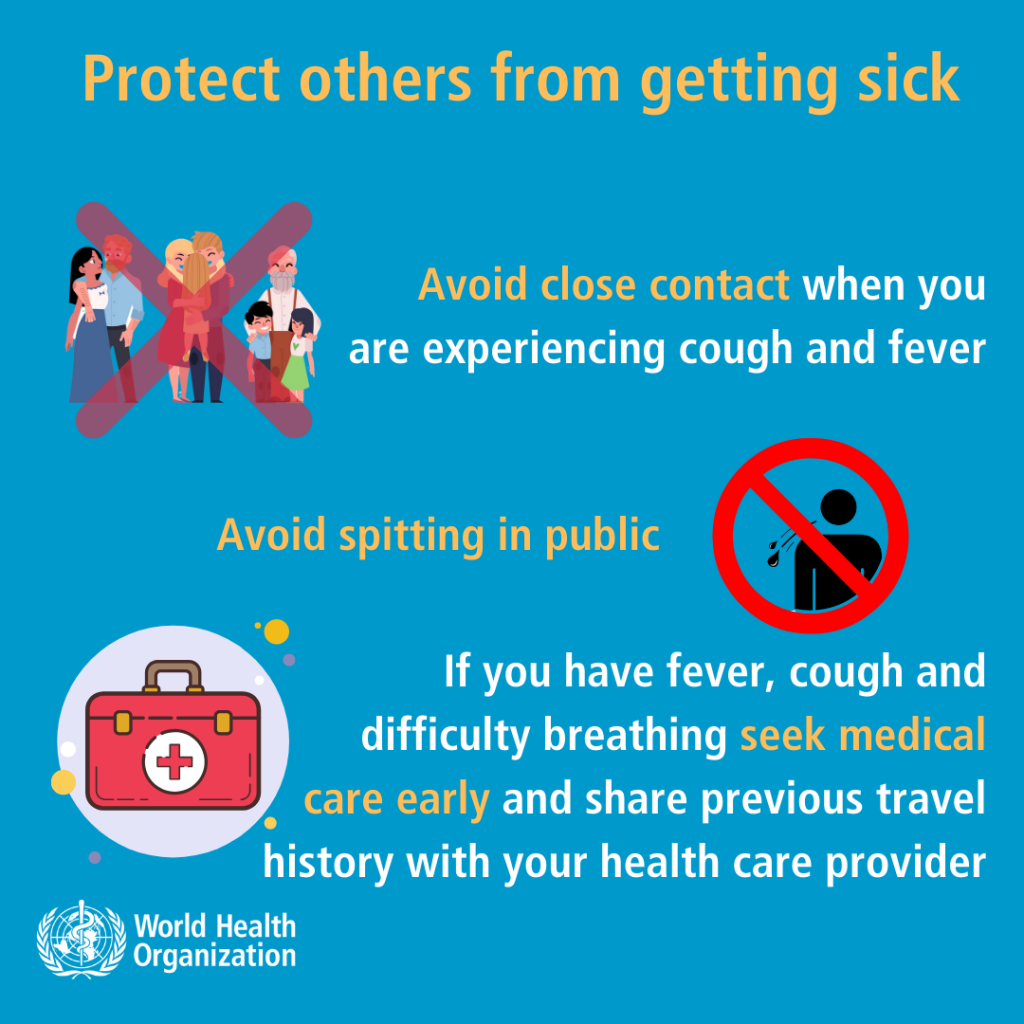Whooping Cough & MMR
Our pharmacists have been working and studying hard to be able to provide as much care to our members as possible, and now that we have multiple pharmacists able to vaccinate we thought now would be a good time to talk about the immunisations that we can provide.
For a small administration fee plus the cost of the medicine it has never been easier to safeguard your family against these preventable diseases.
Whooping Cough
Whooping cough is a highly contagious disease.
Symptoms that include fever and long periods of coughing that sound like a ‘whoop’.
Whooping cough can affect people of all ages, but it is more serious for babies. Babies have the highest risk of serious disease. They are more likely to need to go to hospital or die from whooping cough. About one in every 200 babies under 6 months old who get whooping cough dies from pneumonia or brain damage.
Whooping cough can be prevented by immunisation.
Measles, Mumps & Rubella
Immunisation is the best protection against measles, mumps & rubella.
The measles, mumps and rubella (MMR) vaccine helps protect you against the following diseases:
Measles – causes a cough, high fever, rash, ear infection, conjunctivitis and swelling of the brain
Mumps – causes fever, headache, tiredness, and swelling of the salivary glands, ovaries or testicles
Rubella (German measles) – causes a rash and swollen glands, but infection in pregnancy can result in the baby being born with severe disabilities.
Caring for your Skin

Dermatitis is a general term which means skin inflammation. It can be an acute condition where it only lasts for a few days, or it can be chronic, which can continue for months or years. Dermatitis is usually characterised by itchy, red, dry skin. Chronically, it can lead to rough, thick skin and painful cracks in the skin.
Contact dermatitis
This is an irritation/allergic reaction caused by substances that have come in contact with the skin.
- Types of allergens: Nickel (eg. jewellery) perfumes, latex.
- Types of irritants: Detergents, soaps, and chemicals. Irritant contact dermatitis often occurs on a persons’ hands and is related to his or her job.
“Dermatitis can be an acute condition where it only lasts for a few days, or it can be chronic, which can continue for months or years.“
Atopic dermatitis
This type of dermatitis may be inherited and often occurs in people with a family history of eczema, asthma or hay fever. It usually begins in early childhood, and often affects the face, neck and creases of the elbows, wrists, knees and ankles. This condition can also flare-up because of stress, allergies, dry skin, and weather changes.
Treatment
Skin moisturisers are very important. They help to relieve itch, prevent drying and cracking, and restore the skins’ protective role. These are to be applied especially after bathing, and make sure to not use perfumed products.
Corticosteroids relieve skin inflammation. Whilst topical preparations are the most common type of treatment, your doctor may prescribe you tablets if needed to control severe dermatitis.
Tar preparations are available from your pharmacist and can relieve inflammation and itch.
Antihistamines are available from your pharmacist and can relieve itching. Sedating antihistamines may be especially useful at night to help with sleep.
Immunosuppressants are prescription-only medication that weaken the immune system and may be needed to control severe chronic dermatitis.
Spread the word
Shining a light on PTSD

Happy New Year Everyone!
In this edition, I felt that it was important to talk about a topic that can sometime be swept under the carpet, but I believe it’s important to bring it out into the open and increase its’ awareness.
PTSD! Post-traumatic stress disorder is a long lasting and sometimes delayed anxiety disorder caused by a traumatic event (such as physical or sexual assault, war or torture, or a serious accident). Most people who are exposed to a very disturbing or distressing event have strong feelings and reactions, such as fear, sadness, guilt, or grief in the first days and weeks after the event. With the support of family and friends, most people recover in a few weeks. But some people develop the longer lasting condition PTSD, and need professional help.
Common signs and symptoms:
- Re-living the traumatic event through unwanted and repeated memories. This leads to strong emotional or physical reactions such as sweating and a fast heartbeat.
- Being very wound up which may lead to sleeping problems and feeling irritable.
- Avoiding reminders of the event/s.
- Having a loss of interest in daily life; feeling separated from family and friends.
“With the support of family and friends, most people recover in a few weeks. But some people develop the longer lasting condition PTSD, and need professional help.“
The aim of treatment is to relieve symptoms, improve family and social life, and get stable employment. This can be done by joining support groups, getting support from family members, and getting counselling. It is also very important to seek professional advice, such as paying a visit to your doctor who will be able to point you in the right direction and prescribe the appropriate treatment when needed.
Remember, asking for help is an important aspect of PTSD. If you ever need any advice on medication, please do not hesitate in visiting us at one of our Friendlies stores to have a chat to 1 of our dedicated Pharmacists.
Spread the word
Christmas: The Season of Overindulgence

On average, Australians gain 0.8-1.5kg over the Christmas period, and researchers have identified that this weight is rarely lost! This weight mainly occurs around the trunk, which is associated with an increased risk of diabetes and cardiovascular disease.
So why not follow the following tips to help prevent you purchasing a larger belt in the new year.
- Eat something light before heading out to a party, thereby reducing your chances of snacking on high calorie food.
- Watch your portion sizes by using a smaller plate of food instead of a dinner sized plate. This is great if you are the type of person that likes to finish everything in front of them.
- Fill up with foods at the bottom of the Healthy Eating Pyramid (eg. Vegetables, legumes, fruit and grain foods).
Great party food to enjoy
- Vegetable sticks, pretzels, rice crackers
- Hummus, beetroot, tzatziki, avocado dip
- Sushi
- Sandwiches, quiches
- Fruit salad with yoghurt
Naughty party food to limit
- Creamy dips
- Pies, sausage rolls, spinach triangles
- Chips, corn chips
- Lollies, candy canes, chocolates
- Cakes and slices with cream
It’s also important to limit your alcohol intake, as over-consuming can lead to weight gain. According to the Department of Health and Ageing, for healthy men and women, drinking no more than two standard drinks in any day reduces your risk of harm from alcohol-related disease or injury over a lifetime.
“On average, Australians gain 0.8-1.5kg over the Christmas period! This weight mainly occurs around the trunk, which is associated with an increased risk of diabetes and cardiovascular disease..“
If you choose to drink
- Watch your serving size.
- Be careful with top-ups. Topping up your glass can lead to you losing count of the amount you have been drinking.
- Alternate one alcoholic drink with one non-alcoholic drink such as water.
EXERCISE, EXERCISE, EXERCISE (if you can)!!
- Get a gym membership.
- Set yourself a challenge for the new year (yes, it’s called a new year resolution, but this time seriously go for it).
- Run around with the kids at home.
So, there we are, some useful tips on how to safely and enjoyably get through the joyful season. Take it easy and don’t succumb to gluttony.
Lastly, the Warwick Friendly Society Pharmacies would like to send out a massive THANK YOU to all our wonderful loyal customers that stick by our side and support us all year round. We would also like to thank all the people we deal with on a day to day basis that enable us to deliver the best health services we can. Thank you to all our dedicated staff that work hard every single day for us to operate a service that is essential and appreciated by the local community and surrounds.
Have a very Merry Christmas and we shall see you in the New Year.
Spread the word
“Grow a Mo, save a Bro”

That’s what we’re doing during the month of November here at the Friendlies Pharmacies.
The mission of The Movember Foundation is to stop men dying too young. Whilst mens’ health incorporates many different aspects, we will be talking about Prostate and testicular cancer on this occasion.
As with anything else, if prostate cancer is detected early, survival rates can be better than 98%, but if detected late, they can be as low as 26%. Your risk of developing prostate cancer increases with age, but that doesn’t mean it’s a disease that only affects old men. Prostate cancer is the second most common cancer in men worldwide. Men who are of African or Caribbean descent, and men who have a family history (a brother or father with prostate cancer), are 2.5x more likely to get prostate cancer.
“If prostate cancer is detected early, survival rates can be better than 98%“
Some signs and symptoms are:
- A need to urinate frequently, especially at night
- Difficulty starting urination or holding back urine
- Weak or interrupted flow of urine
- Painful or burning urination
- Difficulty in having an erection
- Painful ejaculation
- Blood in urine or semen
- Frequent pain or stiffness in the lower back, hips, or upper thighs
Testicular cancer is the second most common cancer affecting men aged 18 to 39.
Men with undescended testes at birth, or who have a family history, like a father or brother who has had testicular cancer, are at an increased risk. And if you’ve had testicular cancer before, there’s also a heightened risk it could return.
So, if you have any health queries, please make sure you see your doctor as soon as is possible, as early diagnosis could save your life.
The Friendlies pharmacies will be doing their part and growing a Mo (attempting). Please support us by visiting our Facebook page and donating.
Spread the word
Arthritis

The joints in our body are a magnificent part of our infrastructure, but what happens when they deteriorate and affect our daily lives.
Osteoarthritis is the most common type of arthritis, where the cartilage breaks down and wears away. This leads to narrowing of the space between the bones, which causes them to rub against each other, causing pain.
Other symptoms are:
- Stiff joints
- You can’t bend the joint as much as before
- Joint swelling
There is no cure for Osteoarthritis, but lifestyle changes, mechanical aids (eg. Hand rails, tap turners), and surgery may help. Some tips on managing/preventing the deterioration of your joints:
- Regular exercise can reduce pain and make your joints more flexible.
- Warmth around the joint (eg. A heated pool) can help you move more easily.
- Keep to a healthy weight to limit the load on your hips and knees.
- Avoid sitting in the same position for too long.
- Ask a physiotherapist or podiatrist for advice on suitable footwear to help reduce joint stress.
“There is no cure for Osteoarthritis, but lifestyle changes, mechanical aids (eg. Hand rails, tap turners), and surgery may help.“
Symptoms of Osteoarthritis may also be relieved by a number of different medicines. Please consult your trusty Friendlies Pharmacist or doctor for any advice.
Rheumatoid arthritis is an auto-immune disease where your own immune system attacks your body, resulting in damage to joints and organs. Whereas OA affects the cartilage in the joints, RA usually damages the lining of the joints. Also, RA mainly affects the smaller joints in the hands and feet, and usually affects the same joints on both sides of the body at the same time.
Most common symptoms are:
- Joint stiffness, especially in the morning
- Constant tiredness
- Warm, red, swollen, painful joints
- Loss of joint motion
The management of RA can incorporate the expertise from doctors, pharmacists, podiatrists, physiotherapists, occupational therapists, and dieticians. Apart from the vast array of medication available for the relief of symptoms, there are other tips that can be incorporated into your day to help manage your Rheumatoid arthritis such as:
- Using cold packs on affected joints to relieve hot and swollen joints (please seek the advice of your doctor on when to use hot or cold therapy)
- Keeping to a healthy weight
- Not smoking, as it can worsen RA. Smokers are also more likely to get RA
Well here it is, a short rundown on 2 common types of arthritis. For more information or advice on arthritis or any other health matter, call or visit on of our pharmacies.
Spread the word
Heartburn and Indigestion
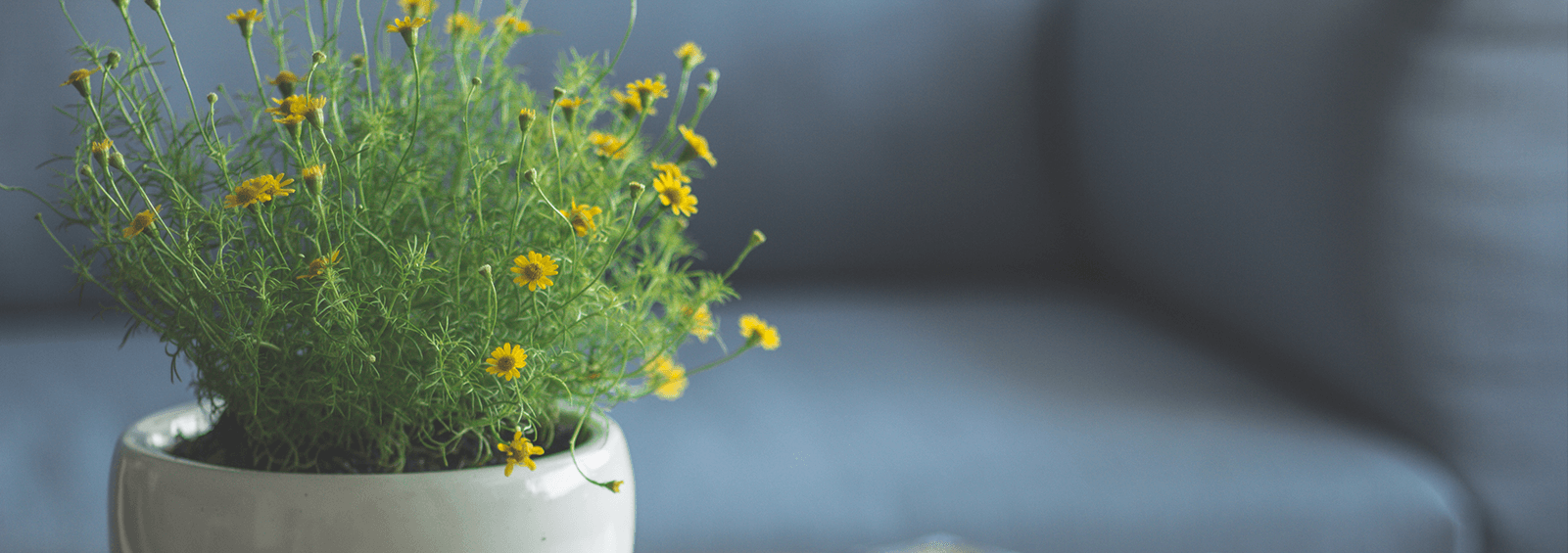
Did you just make the mistake of showing your friend you can handle 3 raw chillies in your mouth? Well, have no fear, we are about to discuss those agonising symptoms you were feeling during that dreadful night.
Heartburn is a feeling of burning pain or discomfort in the chest, usually after eating. This occurs when stomach acid flows back up into the oesophagus and irritates the lining of the oesophagus.
Indigestion, which can commonly cause heartburn, is an uncomfortable feeling in your stomach and is usually related to eating and drinking. Another cause of heartburn is GORD (Gastro-oesophageal reflux disease), which is repeated reflux of stomach acid, causing inflammation and damage to the lining of the oesophagus. GORD is a serious condition that requires you to seek medical attention.
“Helpful tips:
- Eat less fatty and spicy food (yes you heard me, no more dares)
- Eat smaller meals, slowly
- Drink less alcohol and caffeine
- Always swallow medicines with a glass of water“
Treatment
There are medicines available to both prevent and relieve symptoms of indigestion and heartburn. Our Friendlies pharmacists are perfectly positioned to advise on the best medicine for you, and whether you should see a doctor.
Antacids (eg. Mylanta) help neutralise stomach acid and are used for quick relief of occasional symptoms.
Alginates (eg. Gaviscon) form a coating on top of your stomach contents, which can reduce reflux.
H2 antagonists (eg. Ranitidine) and Proton Pump Inhibitors (eg. Esomeprazole) reduce the amount of acid produced by your stomach, and so help prevent indigestion and heartburn.
Please talk to your doctor or pharmacist if:
- You are over 50 years and it’s the first time you have experienced symptoms
- Heartburn or pain wakes you up at night
- You experience heartburn or indigestion on more than 1 day a week
- It is hard or painful to swallow
- You have lost weight and not sure why
- You vomit and it looks like coffee grounds, or has blood in it
So, happy eating, but do take it easy on that Chilli.
Spread the word
Head Lice

Head lice is mostly spread by head-to-head contact with someone who already has head lice. It is by no means a sign of being dirty, and these small insects do not carry or spread disease.
Although anyone can catch head lice, it is most prominent in children. So how do you search for the lice and eggs? It’s important to thoroughly apply a conditioner evenly to all hair strands, then systematically comb through sections of hair with a fine-tooth lice comb.
This process is to be done twice all over the scalp, whilst continually removing the lice and eggs from the comb. Rinse the hair well with water afterwards. This whole procedure is done every second day until no lice or eggs are found for 10 days in a row. Of course, there are many products on the market that can be used.
Be aware though that lice can become resistant to these products, so if you notice live lice after using a product correctly, you may need to try a product with a different ingredient.
“Spread by head-to-head contact with someone who already has head lice “
Make sure to:
- Inform your child’s school that your child has head lice.
- Wash towels, sheets, pillow cases and headwear in hot water (at least 60 degrees).
- Place any items that can’t be washed in an airtight plastic bag for 3-4 days.
For any advice, please come and see us at one of our pharmacies. We would be glad to help you get rid of the itch.
Spread the word
Hay Fever

Hay fever is an allergic reaction to an allergen such as pollen, dust mites, fungal spores, or animal fur. These can cause the nose, eyes, throat, and sinuses to become swollen, irritated and inflamed.
Your body is basically overreacting to what it perceives as a threat. The most common symptoms are sneezing, runny nose and itchy eyes. If you have asthma, your asthma symptoms may get worse when you have hay fever.
This includes tightness of the chest, shortness of breath and coughing. Because there are many different options for managing hay fever, your Friendlies pharmacists are well positioned to provide you with the right advice regarding treatment.
“Your body is basically overreacting to what it perceives as a threat. “
Just a few tips:
- Avoid going outdoors on days with high pollen counts (particularly 7-9am and 4-6pm), on windy days or after thunderstorms
- When outdoors, wear wrap-around sunglasses to stop pollen getting in your eyes
- Change clothes and shower after being outdoors to wash off pollen
- Dry bed linen indoors during the pollen season
Spread the word
© 2022 Warwick Friendly Society
